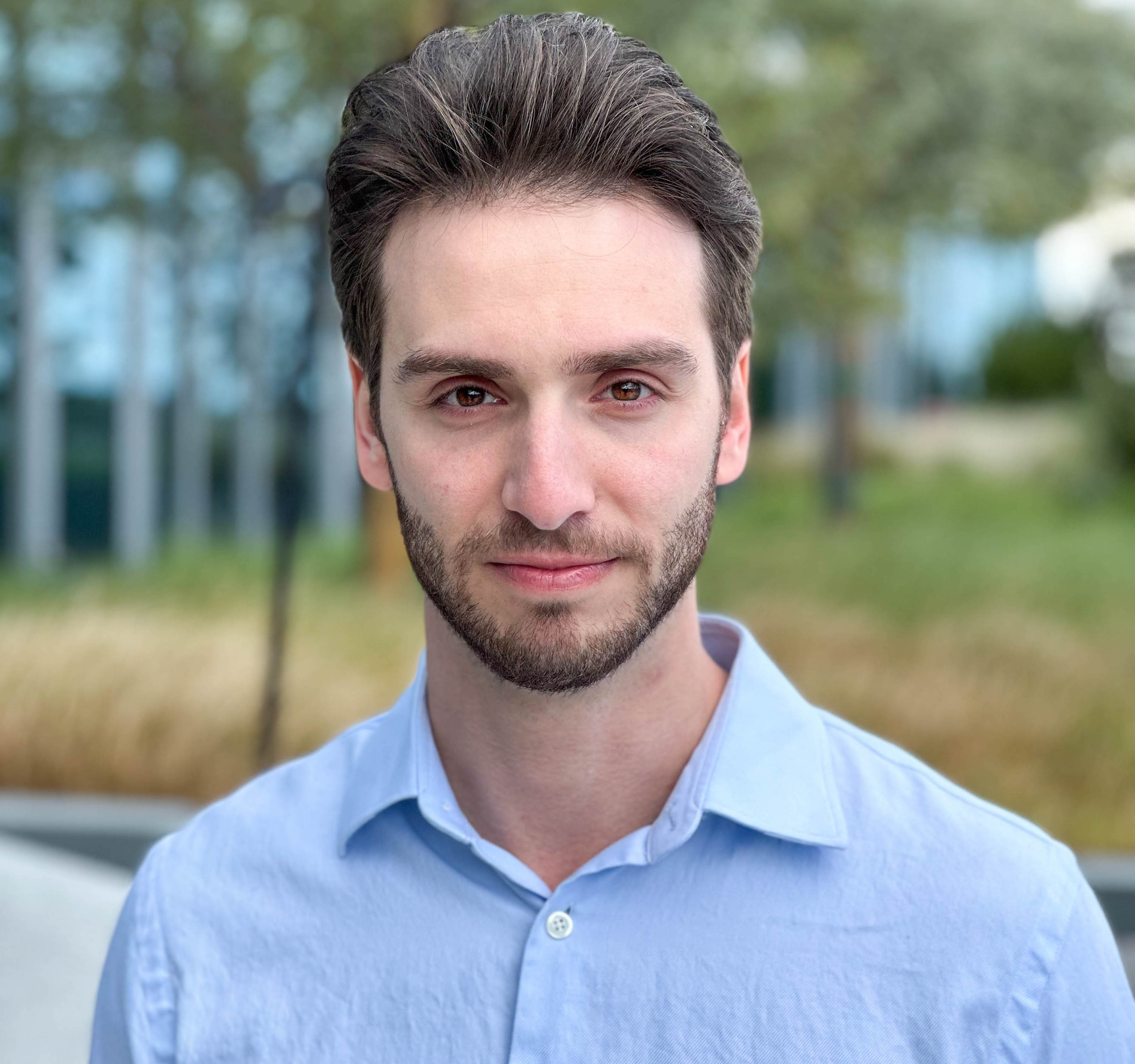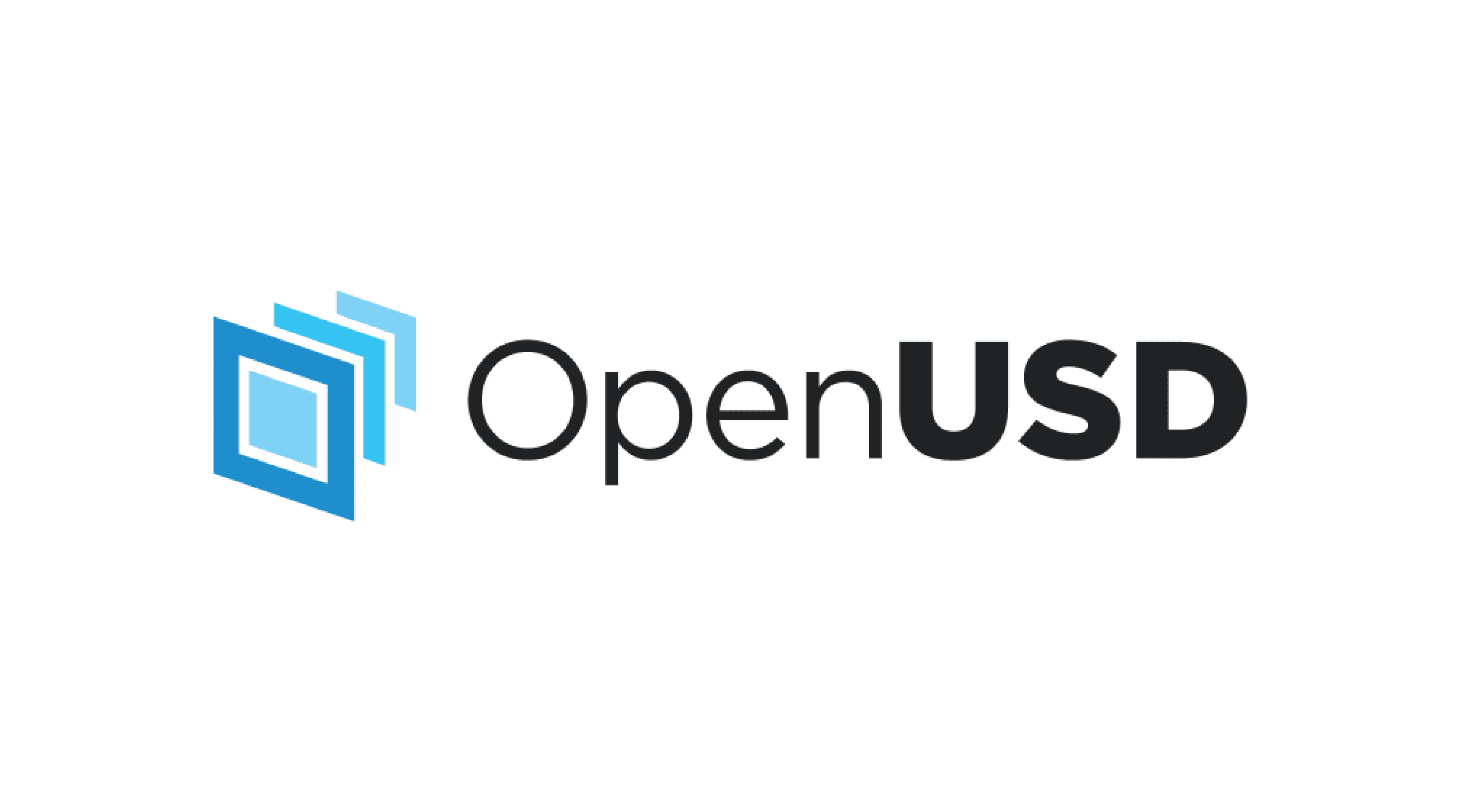
Today’s the day we’ve all been waiting for—Friday the 13th! But in far more consequential news, the highly anticipated San Francisco-based company, World Labs, has just been announced.
The company, which was been in existence since at least early January 2024 has flown largely under the radar, with the first public leak that it raised over $100 million, exceeding a $1 billion valuation occurred in mid July. That amount has now increased to $230 million, with investments from a16z, NEA, Radical Ventures, and a gauntlet of strategic partners.
Earlier this year at CVPR, I witnessed one of the co-founders of World Labs repeatedly grilled by excited engineers eager to learn more about the company’s secretive operations. Much to their disappointment, no information was revealed. However, today we are all getting a glimpse of what the company and its all-star team of engineers have been working on.
While much of the early excitement in generative AI has been driven by large language models (LLMs) and text-prompted visual models, World Labs believes that true progress lies in spatial intelligence. According to the company’s announcement, the next chapter in AI will focus on developing models that not only understand static images but also reason about objects and their interactions in space and time.
At World Labs, our mission is to revolutionize artificial intelligence by developing Large World Models, taking AI beyond language and 2D visuals into the realm of complex 3D environments, both virtual and real.
The cofounding team of World Labs boasts incredible lineup, led by Dr. Fei Fei Li, whose formidable background includes serving as the Denning Co-Director of Stanford HAI and Professor of Computer Science at Stanford. Additionally, two of the other co-founders, Justin Johnson and Christoph Lassner, are prominent figures in the fields of AI and computer graphics.
This announcement also directly answers the question of what Ben Mildenhall, the fourth and final co-founder of World Labs and the first author of NeRF, has been working on since leaving Google late last year. Ben has contributed to some of the most influential Radiance Field papers.

Together, they are building what they describe as the "most formidable slate of pixel talent ever assembled," bringing together expertise across AI research, systems engineering, and product design.
Despite having a surprisingly well-built team for a company emerging from stealth mode, they are currently hiring with open positions across the board.
As World Labs continues to develop its technology, the AI community and the broader tech world will be watching closely. The company has promised to reveal more about its products in the coming months, and its vision of spatially intelligent AI models could redefine how we interact with technology.
For those interested in following the company’s progress, World Labs invites enthusiasts and professionals alike to connect via LinkedIn and X. As the company continues to grow, its advancements could pave the way for new tools that will aid in the development and further advancement of nascent industries, building on the foundation of spatially intelligent AI.







